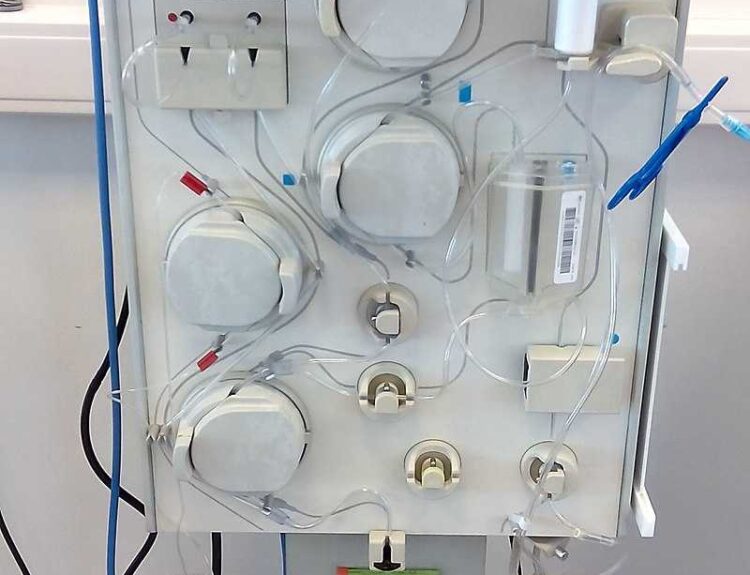A bold economic shift brings both opportunities and challenges for renters.
- Argentina’s new president, Javier Milei, has eliminated strict rent controls.
- The rental market in Buenos Aires is booming, with a 170% increase in rental supply.
- Real rents have decreased by 40% when adjusted for inflation since last October.
- Many renters are finding better deals, but some face significant rent increases.
- Milei’s economic reforms aim to tackle high inflation and fiscal deficits.
In a significant shift, Argentina has removed its stringent rent control laws, previously among the strictest in the world. This change, initiated by President Javier Milei, aims to revitalize the economy of South America’s second-largest country. The immediate effect has been a surge in the rental market in Buenos Aires, with landlords eager to list their properties, leading to a remarkable 170% increase in available rentals. While nominal rents have risen, many renters are benefiting from a 40% drop in real rental prices when adjusted for inflation since last October, according to economist Federico González Rouco. nnPreviously, the rent control laws led to a surplus of empty apartments, as landlords opted to keep properties vacant rather than comply with the regulations. In 2022, Buenos Aires had around 200,000 empty properties, a 45% increase from 2018. For renters like Aldana Oliver, who struggled for 18 months to find an affordable place, the repeal of rent controls has been a game changer. She quickly secured a studio apartment for $200 a month after the laws were lifted. nnHowever, the new rental agreements often include clauses for rent increases every three months, which has made housing unaffordable for some, especially those already grappling with rising food and utility costs. Teacher Romina Misenta reported that her rent nearly tripled after her contract ended, highlighting the mixed impact of the reforms. nnDespite these challenges, rental prices are stabilizing, with monthly increases at their lowest since 2021 as more apartments become available. Milei’s administration has also removed price controls on essential goods and lifted restrictions on various imports, aiming to ease construction costs and stimulate the economy. nnCritics argue that these changes are exacerbating economic hardships for the working class, with some polls indicating a decline in Milei’s approval ratings. While he projects a decrease in inflation from the current staggering 237% to 18% next year, the road ahead remains fraught with challenges. Economists warn that further cuts in public spending may be necessary, but this could clash with demands for increased pensions and public works. nnThe situation in Argentina serves as a cautionary tale for other countries considering similar rent control measures. As the rental market thrives, the long-term effects of these economic reforms will continue to unfold, impacting both landlords and tenants alike.·
Factuality Level: 7
Factuality Justification: The article provides a detailed account of the changes in Argentina’s rental market following the removal of rent control laws. It includes various perspectives from economists, tenants, and critics of the new policies, which adds depth to the reporting. However, there are instances of bias, particularly in the framing of Milei’s policies as ‘shock therapy’ and the implications of economic pain, which could suggest a lack of neutrality. Additionally, while the article presents statistics and quotes, it could benefit from more balanced viewpoints on the long-term effects of these changes.·
Noise Level: 7
Noise Justification: The article provides a detailed analysis of the impact of Argentina’s rent control laws and the subsequent removal of these laws by President Milei. It includes data, quotes from economists, and personal accounts from renters, which supports its claims. However, while it discusses the consequences of these policies, it could delve deeper into the long-term implications and the broader economic context, which would enhance its analytical depth.·
Private Companies: Empiria Consultores,Cedesu,Zonaprop,Airbnb
Key People: Javier Milei (President of Argentina), Federico González Rouco (Economist at Empiria Consultores), Gervasio Muñoz (Representative of an association of tenants in Buenos Aires), Romina Misenta (Teacher), Amalia Roggero (Soup kitchen operator in La Plata), Alberto Cavallo (Professor at Harvard Business School), Mariano García Malbrán (President of the chamber of real-estate companies)
Financial Relevance: Yes
Financial Markets Impacted: The scrapping of rent control laws in Argentina is impacting the real estate market and could influence investor confidence and economic stability in the region.
Financial Rating Justification: The article discusses significant changes in Argentina’s rental market due to the removal of strict rent controls, which directly affects real estate prices and the overall economy. This has implications for financial markets and economic policies.·
Presence Of Extreme Event: No
Nature Of Extreme Event: No
Impact Rating Of The Extreme Event: No
Extreme Rating Justification: The article discusses changes in Argentina’s rental laws and their economic implications but does not report on an extreme event that occurred in the last 48 hours.·
Move Size: No market move size mentioned.
Sector: All
Direction: Up
Magnitude: Large
Affected Instruments: Stocks
 www.wsj.com
www.wsj.com 





